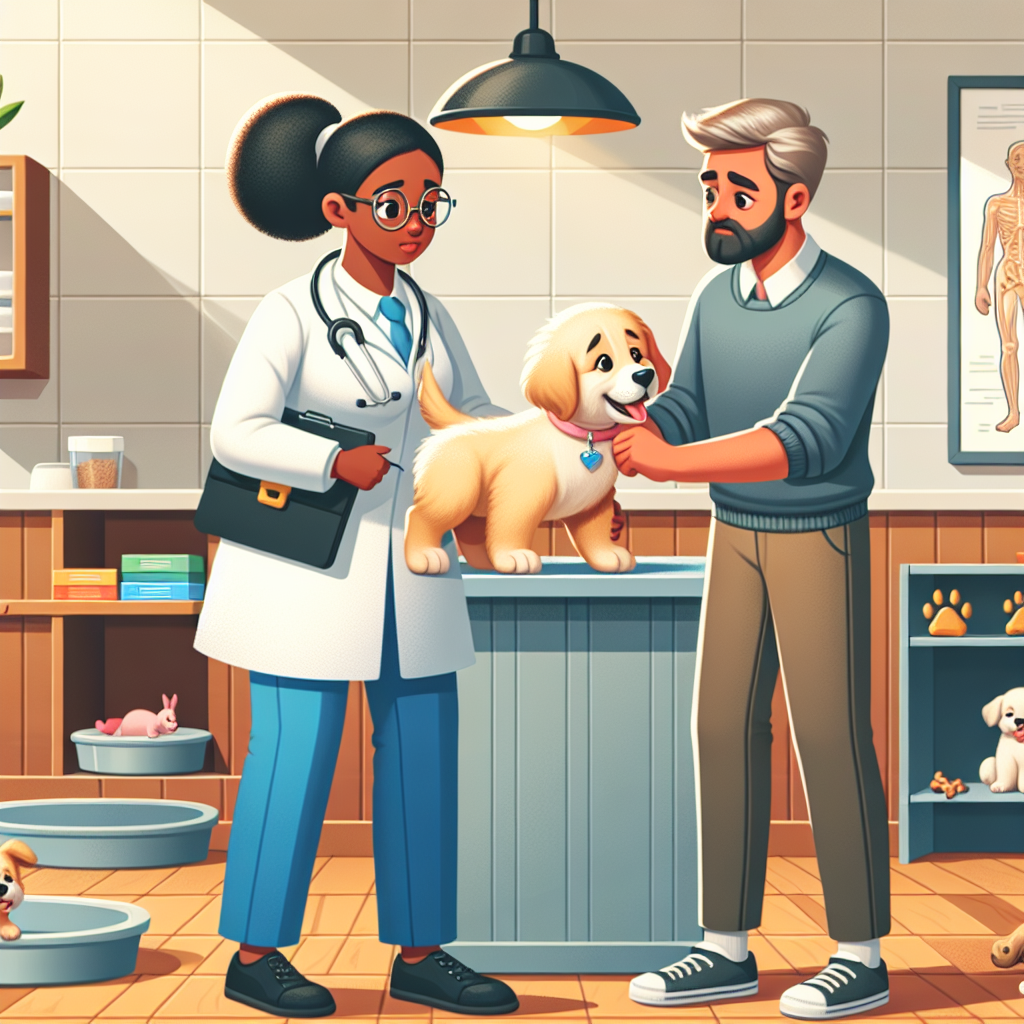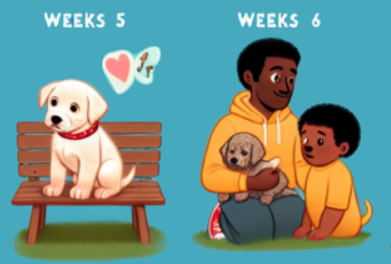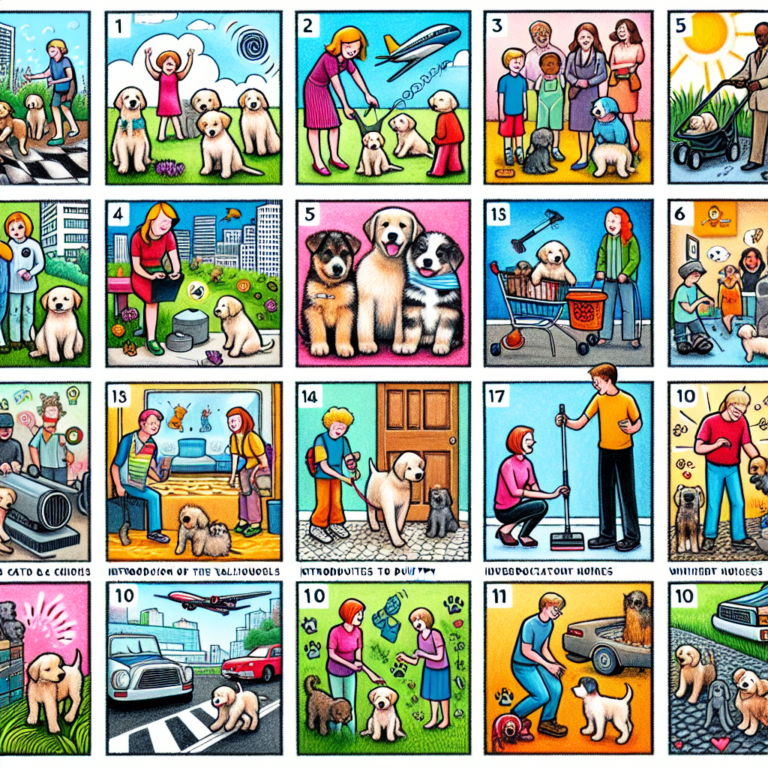Importance of the First Vet Visit
Taking your puppy to the vet for the first time is a momentous occasion. This initial visit sets the stage for your pet’s lifelong health and wellness and plays a crucial role in their socialization. By introducing your puppy to new environments and people early on, you help them develop into a well-adjusted dog.
Understanding Puppy Socialization
Puppy socialization refers to the process of exposing your young dog to a variety of experiences. This includes people, places, sounds, and other animals in a positive manner. Effective socialization reduces fear and anxiety, making future vet visits less stressful. According to the American Veterinary Society of Animal Behavior, poor socialization can lead to fear-based aggression and anxiety disorders in dogs, which can complicate veterinary care.
Preparing for the First Vet Visit
Selecting the right veterinarian is crucial for a successful first visit. Look for a vet who is experienced with puppies and has a reassuring demeanor. Once chosen, set up an introductory appointment to acquaint your puppy with the clinic without any procedures. Don’t forget to bring necessary documents like vaccination records and any other medical history to ensure that the vet is fully informed.
Training Your Puppy for the Visit
Make car rides a fun and familiar activity to prevent anxiety related to travel. Start with short trips, gradually increasing the distance to get your puppy accustomed to the car. Additionally, familiarize them with being in a carrier or on a leash, as this will be necessary during the vet visit. Practice handling techniques gently to simulate what the vet might do during an examination.
Creating a Positive Experience
To promote a positive association with vet visits, bring along your puppy’s favorite toys or a comforting blanket. Before, during, and after the visit, offer treats and praise to reward calm behavior. It’s important to remain calm yourself, as dogs often mirror the emotions of their handlers.
Communicating with the Vet
Prepare a list of questions to ask your vet, ensuring that you fully understand your puppy’s health needs. Discuss topics like vaccination schedules, dietary recommendations, and pest control. Don’t hesitate to ask about any follow-up care or advice needed to keep your puppy healthy and happy.
Managing Puppy Anxiety
Watch for signs of stress in your puppy, such as excessive drooling or whining. Introduce calming techniques like using a pheromone spray or playing soothing music. According to Dr. Sophia Yin, a renowned veterinarian and animal behaviorist, “Dogs can pick up on their owner’s stress, which further heightens their own anxiety.” Ensuring a relaxed state post-visit is equally important; consider a short walk or a nap in a familiar environment.
Reinforcing Positive Behavior Post-Visit
Continue socializing your puppy by exposing them to different experiences regularly. Making vet visits routine will help normalize them and reduce fear. Include the vet in your puppy’s life by scheduling regular checkups, reinforcing the notion that visits are a normal part of life.
Conclusion
By following these steps, you can ensure that your puppy’s first vet visit is a positive experience. Prioritizing socialization and health is essential for a happy and well-adjusted pet. Remember, your puppy relies on you for their well-being, so be proactive in creating positive experiences from the start.
Additional Resources
For more guidance on puppy socialization, consider books such as “Before and After Getting Your Puppy” by Dr. Ian Dunbar or online courses available through platforms like the American Kennel Club. For vet recommendations, websites like VCA Hospitals or your local veterinary association offer directories of reputable clinics. 🐶








